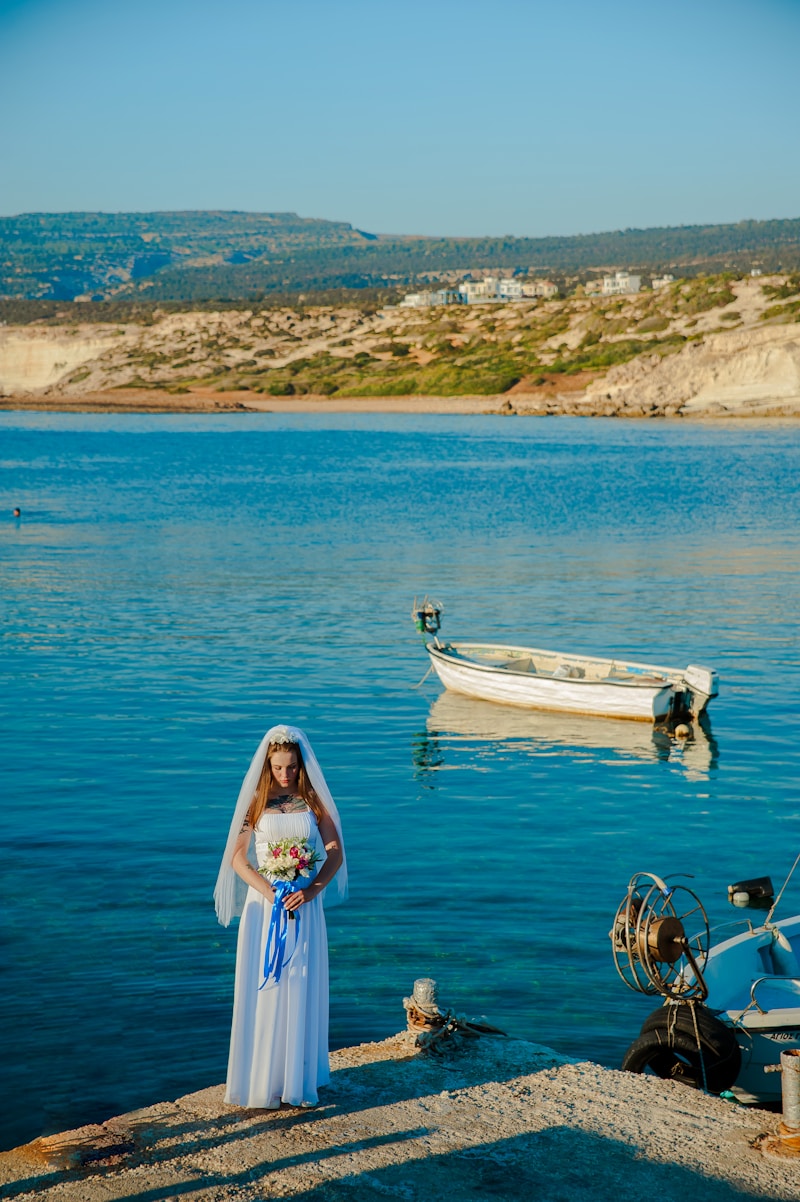Essential Local Customs for Destination Weddings: A Comprehensive Guide
Essential Local Customs for Destination Weddings: A Comprehensive Guide
Planning a destination wedding can be both exciting and daunting. One of the most critical aspects to consider is the local customs that may influence your special day. By understanding and respecting local traditions, you can enhance your wedding experience and create unforgettable memories for you and your guests. In this article, we will explore essential local customs for destination weddings, from ceremony rituals to attire, catering options, and more.
Understanding Local Customs
When planning a destination wedding, it’s vital to recognize that different cultures have unique practices and traditions. These customs can significantly impact your wedding ceremony and reception. To ensure that your celebration is respectful and culturally sensitive, consider the following aspects:
1. Research the Destination
Before selecting a destination for your wedding, familiarize yourself with its cultural norms and traditions. Each region has its distinct customs, and knowing them can help you incorporate local elements into your wedding. For example, if you're planning a wedding in Bali, understand the significance of offerings and traditional dances.
Table of Popular Destination Wedding Locations and Their Customs
| Destination | Local Customs |
| Bali, Indonesia | Involve traditional Balinese offerings and rituals, such as the "Melukat" purification ceremony. |
| Mexico | Integrate mariachi music and colorful papel picado decorations. |
| India | Embrace vibrant attire and rituals like the "mehendi" and "saat phere" during the ceremony. |
| Italy | Consider a traditional Italian wedding feast with multiple courses and regional wines. |
2. Incorporating Cultural Elements
Once you have a grasp of the local customs, think about how to integrate them into your wedding. This could be through the attire, rituals, or even food. For instance, in a Greek wedding, the "Krevati" ceremony, where the couple's bed is blessed, can be a meaningful addition to your celebration.

The Wedding Attire
Your wedding attire is an essential part of the celebration. Many cultures have specific clothing styles that reflect their traditions. For example, in Indian weddings, brides often wear vibrant saris or lehengas, while grooms don traditional sherwanis. Consider local designers or styles when choosing your wedding attire to pay homage to the destination.
3. Honoring Local Cuisine
Food plays a crucial role in wedding celebrations worldwide. Traditional dishes not only reflect the culture but also bring authenticity to your destination wedding. Research local specialties and work with your caterer to create a menu that highlights these dishes. In Italy, for instance, a traditional wedding might include pasta, seafood, and exquisite desserts like tiramisu.
Working with Local Vendors
Collaborating with local vendors is a fantastic way to incorporate customs and ensure that your wedding goes smoothly. Local florists, caterers, and musicians will be familiar with cultural practices and can offer valuable insights. For example, hiring a mariachi band for a wedding in Mexico can create an authentic atmosphere and enhance the guest experience.
4. Inviting Local Guests
Destination weddings often involve inviting guests from different regions. Consider how local customs might affect your invitation etiquette. For example, in some cultures, it is customary to send invitations well in advance, while others expect a more casual approach. Ensure you communicate the appropriate info, such as travel arrangements and lodging options, to your guests.
Respecting Religious Practices
If your wedding is taking place in a region with specific religious practices, respecting those traditions is vital. This may include adhering to dress codes, observing rituals, or even timing your ceremony according to local religious schedules. Working closely with your officiant to ensure that your wedding aligns with the local customs can help you avoid any cultural faux pas.
5. Language Considerations
Language can also play a significant role in your destination wedding. If you are getting married in a country where the primary language is different from your own, it may be beneficial to hire a translator or select a bilingual officiant. Not only does this ensure smoother communication during the ceremony, but it also helps to include your guests in the experience.
Final Planning Tips
As you finalize your plans, keep these key considerations in mind:
- Start Early: Begin your planning process as early as possible to ensure you can research and integrate local customs effectively.
- Consult Locals: Engage with local residents or wedding planners who can provide invaluable insights into customs and traditions.
- Be Flexible: Embrace the local culture and be willing to adjust your plans accordingly.
- Maintain Communication: Keep open lines of communication with your guests, especially regarding local customs or expectations.
As you embark on this exciting journey, remember that honoring local customs not only enriches your wedding experience but also allows you and your guests to create meaningful and lasting memories. A destination wedding reflects your unique love story while celebrating the beauty of the local culture. By following these guidelines and integrating local customs, you’ll ensure your destination wedding is an extraordinary event that resonates with the hearts of all who attend.
In conclusion, understanding and implementing local customs is crucial for a destination wedding. Doing so will not only enhance your celebration but also deepen your connection with the destination you’ve chosen. Remember to respect and honor the local traditions, making your wedding day genuinely unforgettable.
